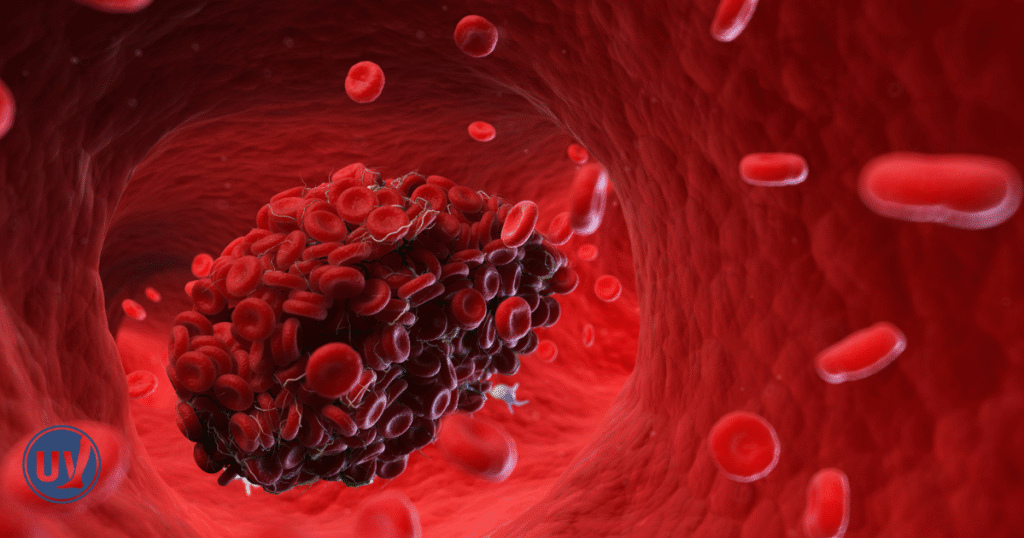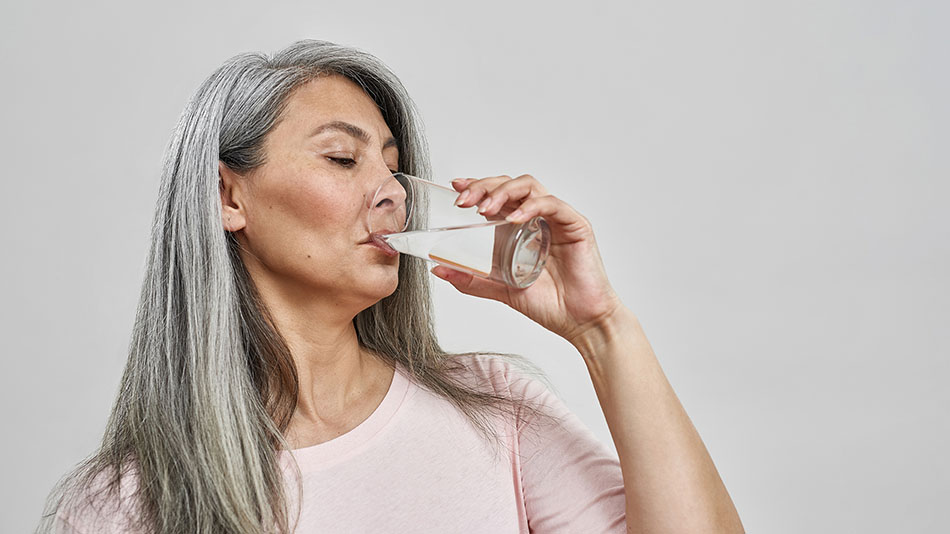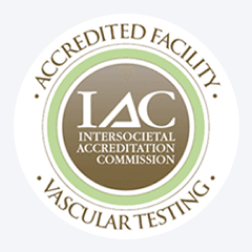A blood clot is a painful, potentially life-threatening condition that can disturb your everyday activities and put a damper on your life until the clot has been removed or broken up. A blood clot, also known in the medical world as deep vein thrombosis (DVT), is a thick clump of blood that becomes gelatinous in texture.
While blood clots serve an important purpose in stopping bleeding after an injury, they can be dangerous when they form where they shouldn’t. If you have a blood clot, it’s important to address it as swiftly as possible to reduce the risk of it traveling to your lungs (pulmonary embolism) or brain (stroke).
Some people prefer to explore natural methods to help support circulation and reduce clot risk, either alongside or before medical treatment. In this article, we’ll review foods, lifestyle habits, and natural remedies that may support healthier circulation, when to seek medical attention, and advanced treatment options available at United Vein & Vascular Centers.
Hydration and Circulation
Drink more water. Proper hydration keeps your blood at the right consistency. When you’re dehydrated, your blood may become thicker, increasing the risk of clot formation. Drinking enough water each day can help thin out your blood naturally and support circulation. Aim for at least 8 glasses per day, though your exact needs may vary depending on your activity level and overall health.
Lifestyle Habits to Support Natural Clot Prevention
Beyond diet, certain lifestyle changes can go a long way in supporting vein health and reducing clot risk:
- Stay Active: Regular exercise such as walking, swimming, or cycling improves circulation and reduces blood pooling in the legs. Even standing up to stretch every hour can make a difference if you sit for long periods.
- Elevate Your Legs: Elevating your legs above heart level for short periods can encourage blood flow back to the heart and reduce pressure on the veins.
- Wear Compression Stockings: These specially designed socks help prevent blood from pooling in the lower legs, making them a common recommendation for those at risk of DVT.
- Maintain a Healthy Weight: Excess weight can strain veins and increase the likelihood of clot formation.
- Limit Smoking and Alcohol: Smoking damages blood vessels and thickens blood, while excessive alcohol consumption may also affect clotting factors.

When Natural Remedies Aren’t Enough
It’s important to note that natural remedies should never replace professional medical care if you suspect a blood clot. Blood clots can break loose and travel to vital organs, causing life-threatening complications.
If natural methods do not prove effective enough, or if you’re at high risk for blood clots, a vein and vascular specialist may prescribe:
- Blood-thinning medications (anticoagulants): Help prevent new clots from forming and stop existing clots from getting bigger.
- Thrombolytic therapy: Medications that actively dissolve clots in more severe cases.
- Minimally invasive vein procedures: Offered at UVVC to treat underlying vein issues that increase clot risk.
Advanced Vein Treatments at United Vein & Vascular Centers
At United Vein & Vascular Centers, our specialists are highly trained in diagnosing and treating vein conditions that may contribute to blood clots. We offer advanced, minimally invasive treatments designed to restore circulation and reduce your risk of future clots.
Options include:
- Radiofrequency Ablation (RFA): Uses heat to close off diseased veins and reroute blood flow.
- Sclerotherapy: Involves injecting a solution into abnormal veins to collapse them, improving circulation.
- Varithena: FDA-approved foam that seals diseased veins and redirects blood flow.
Each treatment plan is personalized to your needs, helping reduce symptoms, improve mobility, and protect long-term vascular health.
Why Choose United Vein & Vascular Centers?
When dealing with something as serious as a blood clot or vein condition, you deserve care from specialists who understand the risks and can provide safe, effective solutions.
At UVVC, we are committed to:
- Helping you understand your condition and symptoms
- Offering personalized treatment options tailored to your health
- Supporting your long-term wellness and quality of life
Our patient-centered approach ensures you feel informed and supported at every step of your care.
Schedule Your Consultation With UVVC Today
You don’t have to continue worrying about symptoms of vein conditions or blood clots that may be making life more difficult. The specialists at United Vein & Vascular Centers are here to help.
Contact us today to schedule your consultation and learn more about the treatment options available to help you achieve healthier veins, improved circulation, and peace of mind.
Frequently Asked Questions
Some small blood clots may dissolve naturally as the body breaks them down. However, larger or more dangerous clots require medical attention. Always consult a doctor if you suspect a blood clot.
Common signs include swelling (usually in one leg), pain or tenderness, warmth, skin discoloration, and visible veins. If you also experience chest pain or shortness of breath, seek emergency care immediately.
Staying active, drinking plenty of water, eating circulation-boosting foods, maintaining a healthy weight, and wearing compression stockings can all lower your risk.


